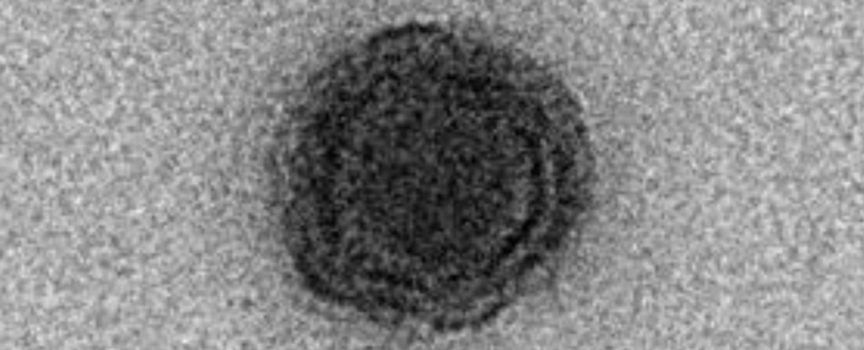 A new form of virus having almost no recognisable genes has been discovered by scientists in Brazil.
A new form of virus having almost no recognisable genes has been discovered by scientists in Brazil.
This “mysterious” virus collected from amoebae in an artificial lake in Brazil was considerably smaller than the viruses usually known to infect amoebae.
The team named it “Yaravirus”, after Yara, meaning “mother of all waters” and representing a beautiful mermaid-like figure from Brazilian mythology who would lure sailors underwater to live with her forever.
When the scientists sequenced the yaravirus genome – the process of determining the complete DNA sequence which makes up an organism – they discovered over 90 per cent of it was formed by genes that had never been found before.
Only six genes found bore a distant resemblance to known viral genes documented in public scientific databases, and a search through over 8,500 publicly available metagenomes offered no clues as to what Yaravirus might be closely related to.
“Using standard protocols, our very first genetic analysis was unable to find any recognisable sequences of capsid or other classical viral genes in Yaravirus,” the researchers explained.

Biden Administration Imposes New Sanctions On Iran Following Attack On Israel
Israel’s European Allies Urge Restraint Amid Escalating Tensions With Iran
Israel Prepares For Possible Attack From Iran As Tensions Escalate
Senegal’s President Bassirou Appoints Ousmane Sonko As New Prime Minister